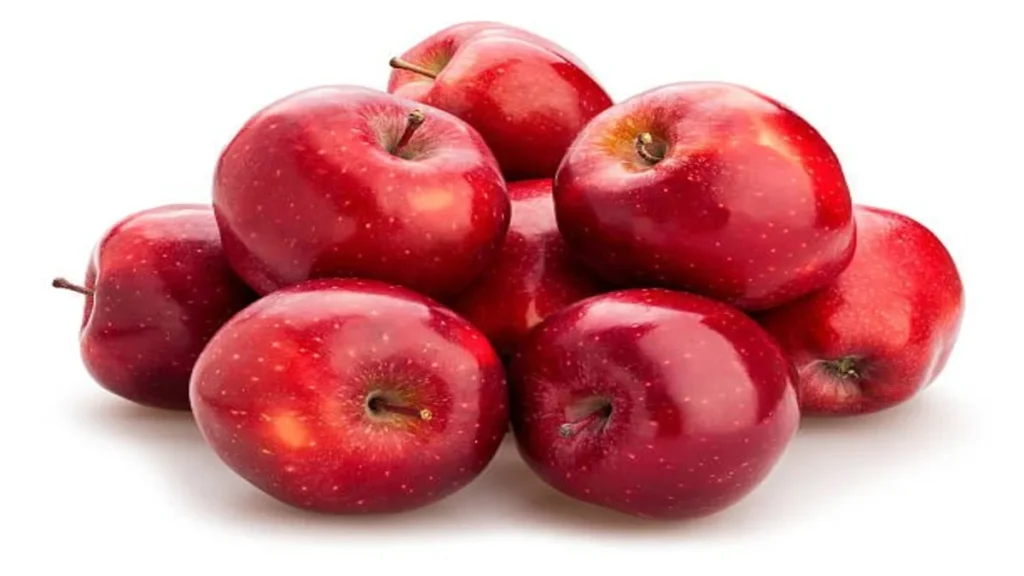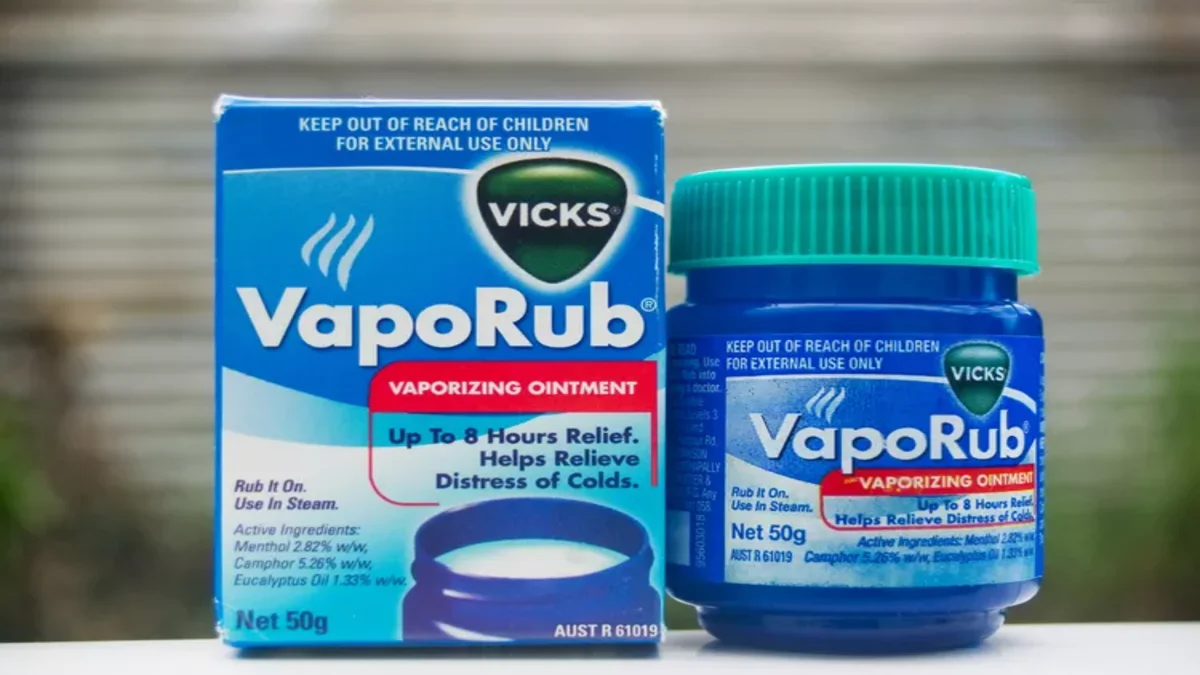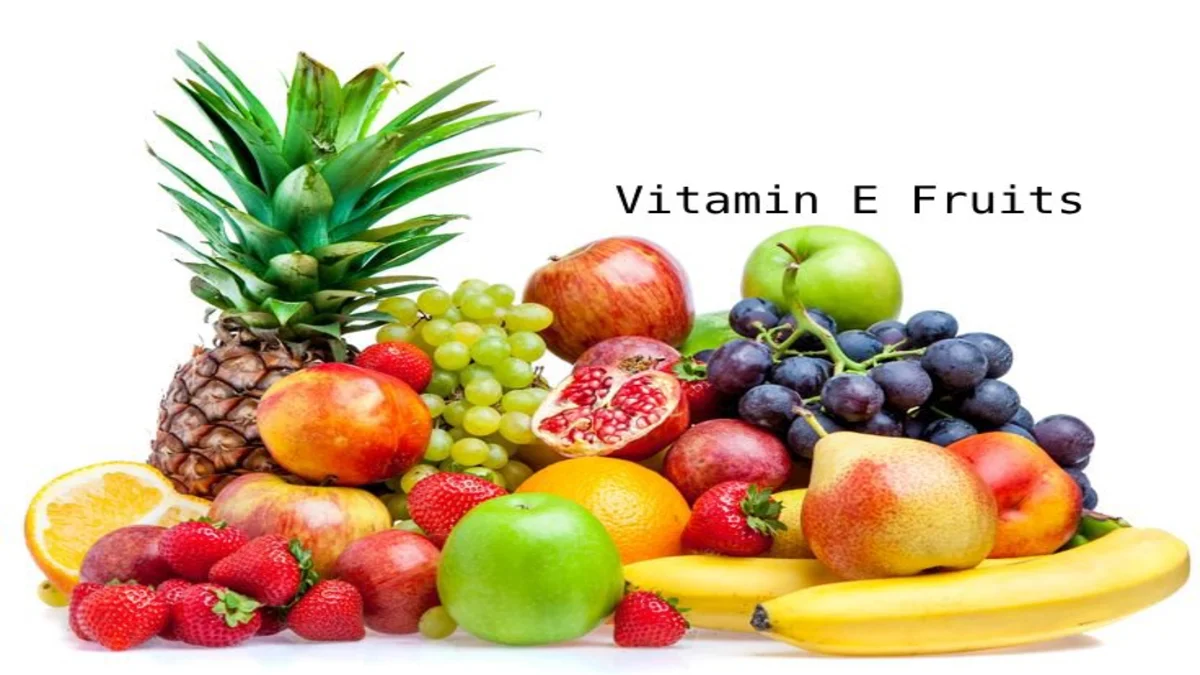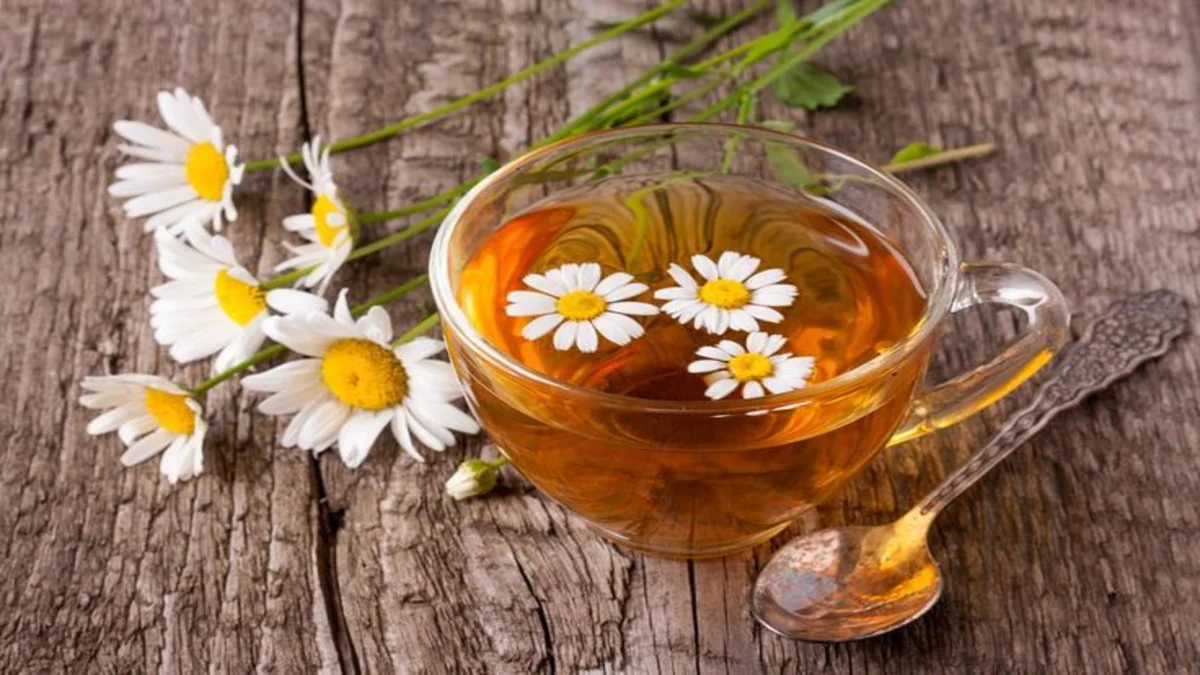Take care of your heart with these delicious and nutritious heart-healthy snacks. These snacks will keep your heart strong and healthy.
Eating these particular snacks regularly will assist in maintaining your heart’s strength and promoting its overall health.
To keep your heart healthy, you need to exercise regularly, eat a well-balanced diet, and steer clear of processed and unhealthy foods.
Despite this, numerous individuals struggle to discover delectable and heart-healthy snacks.
For that reason, we’ve put together a selection of essential treats that not only delight your taste buds but also support a strong, healthy heart.
Benefits of heart-healthy snacks
Supporting Cardiovascular Health: These snacks often include fiber, antioxidants, omega-3 fatty acids, and unsaturated fats, which are known to lower blood pressure, reduce inflammation, and lower cholesterol to support heart health.
Weight management: Low in calories and high in fiber, heart-healthy snacks can help you feel full and content, which can help you feel less likely to overeat and support weight management. Retaining a healthy weight is essential for heart health because it lowers the chance of developing diseases like diabetes and obesity, which can exacerbate heart disease.
Blood Sugar Regulation: By reducing spikes and crashes that can tax the cardiovascular system and exacerbate illnesses like diabetes, snacks high in fiber, protein, and complex carbs can help stabilize blood sugar levels.
Increased Nutrient Intake: A range of vitamins, minerals, and phytonutrients important for general health and well-being are frequently included in heart-healthy snacks. By including these snacks in your diet, you can be sure that you’re getting all the nutrients you need each day to support your body’s processes, including heart health.
Levels of Satisfaction and Energy: Well-balanced snacks offer a consistent supply of energy and help avert energy dips in between meals. These snacks can promote general well-being and productivity by warding off hunger and offering continuous energy.
Enhanced Mood and Cognitive Function: Studies have connected some heart-healthy snacks, like those high in omega-3 fatty acids, which are present in nuts and seeds, to enhanced mood and cognitive function. Since optimal cognitive performance is supported by proper blood flow and nutrition supply, a healthy heart is frequently correlated with a healthy brain.
Decreased Risk of Chronic Diseases: Eating a diet high in heart-healthy snacks can help lower the chance of getting heart disease, stroke, and several cancers. Usually, these snacks feature components that have been demonstrated to have anti-inflammatory properties.
10 Heart-Healthy Snacks
The tasty and nutritious snack suggestions that follow will increase your diet’s fiber content, which will benefit your heart and digestive system. They are also low in calories, salt, and saturated fat, making them lower-calorie, heart-healthy options that help maintain a healthy weight.
1. Apples

Only two whole apples a day, according to research, may reduce your risk of heart disease and its risk factors, such as high blood pressure. This, according to researchers, maybe because soluble fiber, which is also associated with a lower risk of heart disease, is present in apples.
Apples are also a good source of polyphenols, which have been related to lowered blood cholesterol, increased levels of good cholesterol (high-density lipoprotein, or HDL cholesterol), decreased levels of bad cholesterol (low-density lipoprotein, or LDL cholesterol), and decreased levels of inflammation.
Apples are beneficial to your heart, but more. Because they contain a lot of nutrients in each serving, they are nutrient-dense. Five grams of fiber and 104 calories can be found in one medium apple. Vitamins C, K, E, B1, B6, copper, and potassium are also present.
Snack on an apple with almond or peanut butter for a high-fiber, heart-healthy, and healthy-fat treat. Alternatively, blend one cup of apples with other heart-healthy fruits and vegetables to make a smoothie.
2. Celery
Among the vegetables of the Apiaceae family, which also includes parsnips, carrots, and parsley, celery is one of the most significant. It has several health benefits, including supporting heart health, it is low in calories and a great source of vitamins.
Celery is high in fiber and water content. It has strong antioxidant qualities and phenolic components that lower inflammation and strengthen heart health. Celery can be eaten on its own or as a healthy fat alternative with nut butter for extra flavor.
3. Chickpeas, Roasted
Consuming legumes and beans, such as chickpeas, has been associated with a 14% lower risk of heart disease, per a 2019 study published in Advances in Nutrition. Legumes’ high fiber content accounts for the majority of their health benefits. Plant sterols, which are also found in legumes, can lower cholesterol and improve heart health.
A heart-healthy snack to sate your cravings for crunchy foods is roasted chickpeas. You can purchase or prepare roasted chickpeas at your preferred retailer. You should steer clear of brands that are high in sugar or sodium while making purchases.
4. Hummus

A traditional Middle Eastern dip, hummus is made with olive oil, lemon juice, tahini, and chickpeas. It’s a fantastic source of heart-healthy fats since it contains olive oil. Serve it with vegetables that are good for the heart, such as tomatoes, bell peppers, broccoli, cauliflower, and carrots.
Hummus may be rich in salt (up to 607 mg per serving), which raises blood pressure and increases the risk of heart disease. This is a disadvantage for heart health. FoodData Central, United States Department of Agriculture. Hummus.
As a result, it ought to be eaten in moderation alongside other foods and snacks low in salt.
5. Berries and Yogurt
In those with high blood pressure, eating yogurt may lower their risk of heart disease, citing a 2018 study published in the American Journal of Hypertension. Select yogurts, like Greek yogurt, that are strong in protein and low in sugar.
Blueberries are a great match for Greek yogurt because they have been associated with heart health benefits. In addition to vitamins C and B6, fiber, potassium, folate, and anthocyanins—which have potent anti-inflammatory and antioxidant properties—are found in blueberries.
Larger consumption of foods strong in anthocyanins, such as raspberries, strawberries, blueberries, blackberries, red currants, and black currants, may lower your risk of stroke, ischemic heart disease, and heart attacks, according to a comprehensive study published in 2020.
6. Smoothies
Smoothies are a great way to start improving your heart health from scratch. In addition to fiber, vitamins, antioxidants, and omega-3 fatty acids, they can also provide other nutrients. Inflammation and other bodily functions are regulated by omega-3 lipids.
Making a heart-healthy smoothie is as easy as combining fresh or frozen fruits with veggies, nut butter, low-fat milk and yogurt, chia seeds or flaxseed, applesauce, and 100% fruit juice.
7. Seeds and Nuts

The majority of nuts and seeds are rich in heart-healthy monounsaturated fats, vitamin E, and other naturally occurring compounds. Nuts have a few disadvantages, including the potential for high-calorie content and high sodium content when salted. Nevertheless, sticking to a heart-healthy diet is made easier when you choose nuts over a less nutritious snack.
Nuts that are high in plant-based omega-3 fatty acids include walnuts. Savor some blueberries or a piece of fruit with a handful of walnuts.
You can incorporate seeds like flaxseed, hemp, chia, or sesame in a heart-healthy snack. You may incorporate seeds into a nutritious smoothie or Greek yogurt. Alternatively, you can have a handful of sodium-free or low-salt sunflower or pumpkin seeds as a snack.
8. Rice Cakes
Brown and white rice grains are heated and puffed into spherical patties to make rice cakes. They offer an easy-to-transport crispy snack. They have no cholesterol, little calories, and fat content, making them healthful when consumed in moderation. They lack a lot of vitamins and minerals, though.
Try brown rice rice cakes, basic and unsalted, for a heart-healthy snack. According to research, phenolic chemicals found in brown rice help lessen cell damage associated with long-term illnesses like heart disease.
Additionally high in fiber is brown rice. An analysis of 31 studies published between 1980 and 2017 in the Journal of Chiropractic Medicine revealed that eating more fiber decreased cardiovascular risk by 10% to 20%.
Think about enhancing your rice cake snack with heart-healthy toppings. For a nice and nutritious snack, try topping with slices of avocado and tomato or a dollop of almond butter.
9. Tea Matcha
Epigallocatechin gallate (EGCG), a polyphenolic compound in green tea with anti-inflammatory and antioxidant qualities, is abundant in matcha tea. Matcha tea high in EGCG has been shown in numerous studies to lower the risk of heart disease and stroke, therefore drinking it may help enhance heart health.
Research on EGCG has revealed that it can stop atherosclerosis or the accumulation of fat on the arterial walls.15 Additionally, it might lessen cellular damage and inflammation.
10. Dark Chocolate
There are lots of heart-healthy ingredients in dark chocolate. This is due to its high content of flavonoids, particularly flavanols, which have been linked to a decreased risk of heart disease. Consuming chocolate and cocoa may also help adults with high blood pressure, hypertension, and insulin resistance, which is a condition in which the body’s cells don’t react to insulin as well as they should.
To make your heart-healthy snack even more beneficial, try a handful of almonds paired with dark chocolate pieces. Almonds, like other nuts and seeds, can raise blood lipid (fat) levels.
According to a 2014 study, eating almonds raised blood levels of antioxidants, which in turn lowered and stabilized blood pressure. To get these effects, the study’s researchers suggested consuming a handful of almonds every day.
Summary
You may better control your appetite, elevate your mood and energy levels, and preserve optimal heart health by choosing heart-healthy snacks. Eating whole foods, such as fruits and vegetables, whole grains, nuts, and seeds, is a common strategy for heart-healthy snacking. It also stays away from snacks that are heavy in sugar, salt, and saturated fats.
You should pay attention to serving sizes and check the nutritional labels on packed snacks. Additionally, you should limit the amount of healthy fats you eat with your meals and snacks.
You should be aware of the kind of diet you eat if you wish to maintain a heart-healthy diet. Optimal heart health has been associated with certain diets, such as the Mediterranean, DASH, pescatarian, vegetarian, and vegan diets.
To prevent vitamin shortages, you may still need to monitor your food consumption and needs even when following one of these diets. Make sure you consume adequate amounts of iron, protein, and other vital vitamins and minerals. If necessary, your healthcare provider can suggest supplements.
FAQs
What are good treats for your heart?
Can heart patients eat junk food?
What is the 3 day heart diet?
What is the heart diet for 2024?
Whole grains include whole wheat, brown rice, oatmeal, and quinoa. Whole grain diets can help lower cholesterol and blood pressure, as well as lessen the risk of diabetes and heart disease.
What do cardiologists eat in a day?
References
- https://www.heartandstroke.ca/healthy-living/healthy-eating/snacking (Benefits of heart-healthy snacks)
- https://www.ncbi.nlm.nih.gov/pmc/articles/PMC10128075/ (Benefits of heart-healthy snacks)
- https://pubmed.ncbi.nlm.nih.gov/28840462/ (Benefits of heart-healthy snacks)
- Centers for Disease Control and Prevention. Heart disease facts.
- Harvard Health Publishing. Heart-healthy foods: What to eat and what to avoid.
- U.S. Department of Agriculture. Dietary Guidelines for Americans, 2020-2025.
- Becerra-Tomás N, Papandreou C, Salas-Salvadó J. Legume consumption and cardiometabolic health. Adv Nutr. 2019;10(Suppl_4):S437-S450. doi:10.1093/advances/nmz003
- U.S. Department of Agriculture FoodData Central. Hummus.
- American Health Association. Healthy snacking.
- McRae MP. Dietary fiber is beneficial for the prevention of cardiovascular disease: an umbrella review of meta-analyses. J Chiropr Med. 2017;16(4):289-299. doi:10.1016/j.jcm.2017.05.005
- Eng QY, Thanikachalam PV, Ramamurthy S. Molecular understanding of epigallocatechin gallate (EGCG) in cardiovascular and metabolic diseases. J Ethnopharmacol. 2018;210:296-310. doi:10.1016/j.jep.2017.08.035
- Guasch-Ferré M, Liu G, Li Y, et al. Olive oil consumption and cardiovascular risk in U.S. adults. J Am Coll Cardiol. 2020;75(15):1729-1739. doi:10.1016/j.jacc.2020.02.036
- American Heart Association. Are there health benefits from chocolate?
- Campbell AP. DASH eating plan: An eating pattern for diabetes management. Diabetes Spectr. 2017;30(2):76-81. doi:10.2337/ds16-0084
- Zhang B, Xiong K, Cai J, Ma A. Fish consumption and coronary heart disease: A meta-analysis. Nutrients. 2020;12(8):2278. Published 2020 Jul 29. doi:10.3390/nu12082278
- American Heart Association. How does plant-forward (plant-based) eating benefit your health?
- National Heart, Lung, and Blood Institute. Energy balance and obesity, healthy weight basics.





